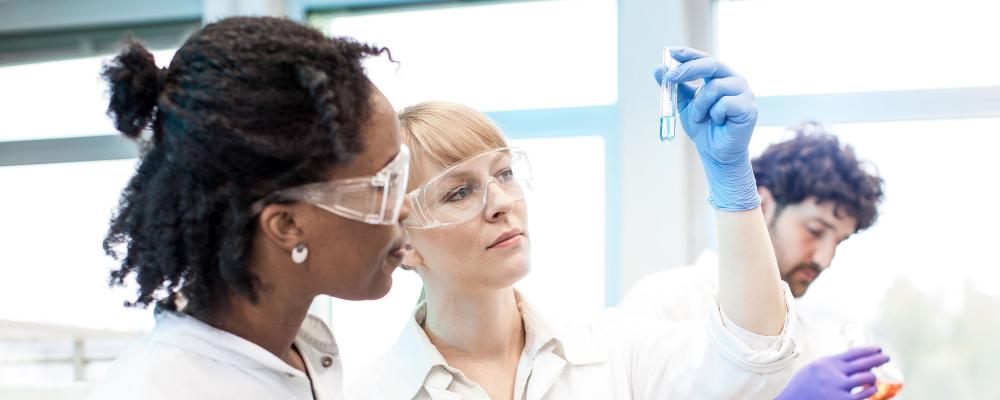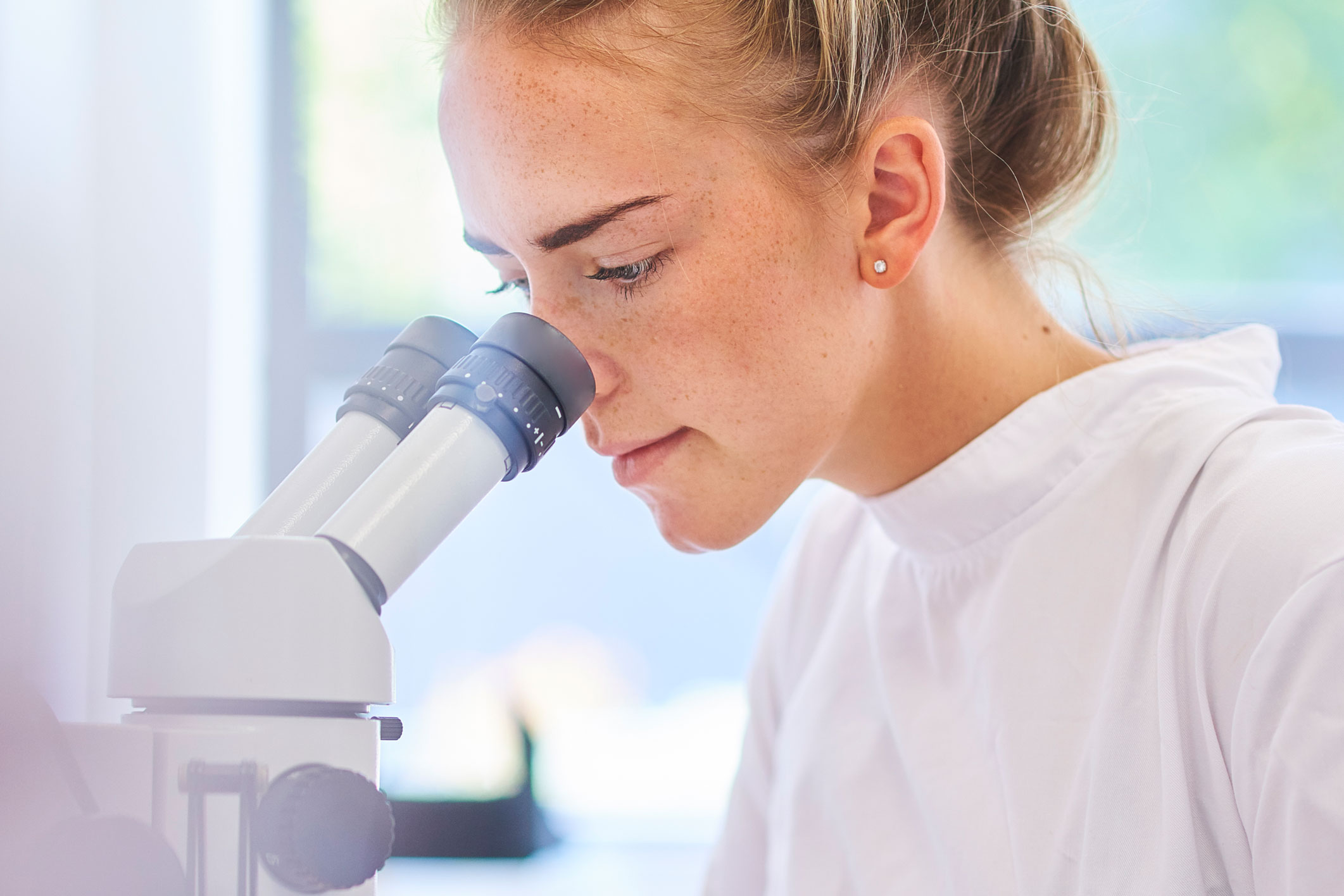Portal Our Laboratories


Research activities of the Ploufragan-Plouzané-Niort Laboratory
Specialised in the study of poultry, rabbits, pigs (Ploufragan), ruminants (Niort) and farmed fish (Plouzané), the laboratory contributes to improving animal health and welfare, the quality of food of animal origin and studying the safety of working conditions in livestock farming, cooperating closely with its supervisory ministries and the production sectors, and in coordination with ANSES's other laboratories and assessment departments.
The laboratory conducts research, reference and scientific expert appraisal activities in the following areas:
- bacteria, viruses or parasites responsible for regulated and emerging animal diseases;
- some hazards that, while not regulated, have a high economic impact on production and/or a strong effect on animals' immune potential;
- tools and methods for diagnosis, prevention and modelling of pathogen spread in animals, within a herd or in farm populations;
- animal husbandry methods (including organic farming), by studying their consequences on animal behaviour and health, or on the quality of the resulting products, as well as their potential impact on farmers' health;
- pathogens that can be transmitted to humans through the consumption of foods from the poultry, rabbit, swine and ruminant sectors, with the aim of preventing contamination at the various levels of the production chains;
- circulation of antimicrobial resistance genes in animals, the environment or food, in relation to husbandry practices;
- potential exposure of farm animals to drugs, toxins or changes in their environment and the impact of this exposure on their health or resistance to disease.